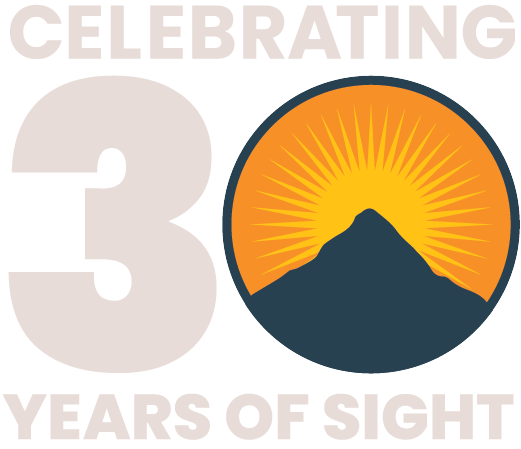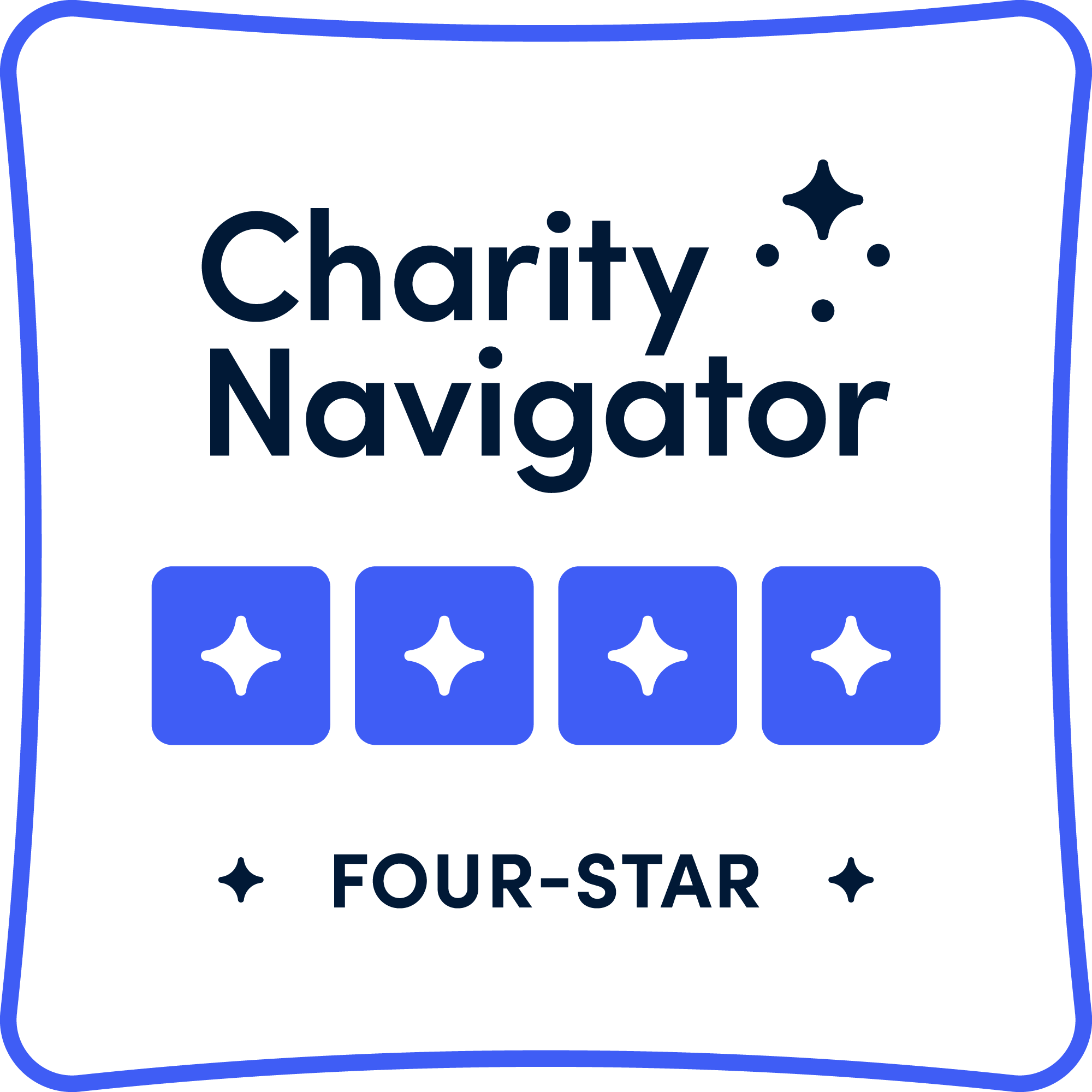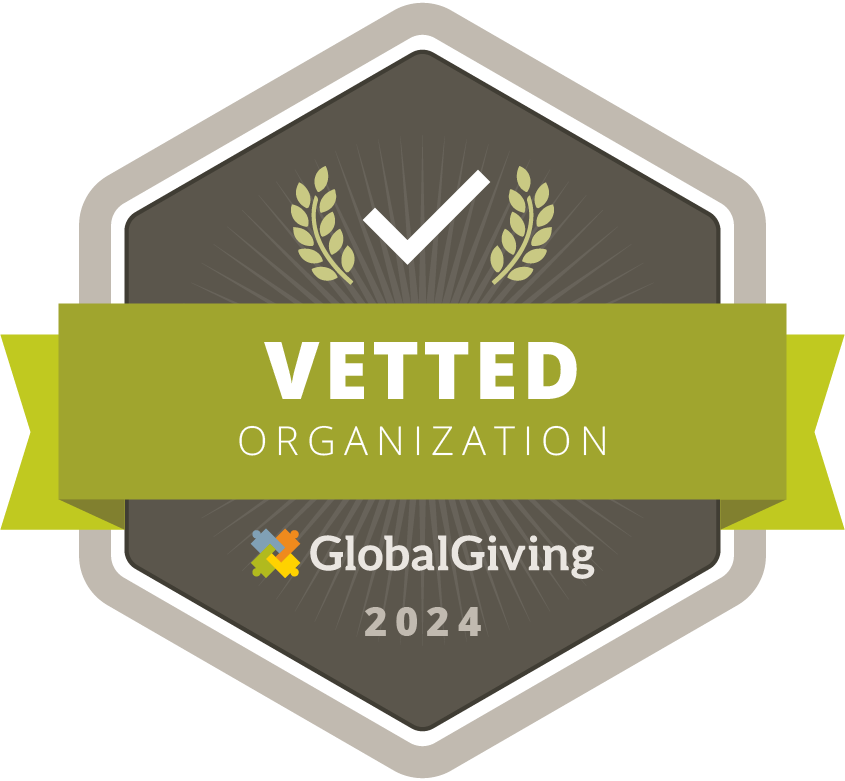Bhutan 2018 Rapid Assessment of Avoidable Blindness (RAAB) Study
2018 RAAB shows efforts in Bhutan resulting in positive outcomes through a decrease in the prevalence of blindness by 33%
HCP has partnered with the Royal Government of Bhutan since 2000 through a series of five-year agreements. Programming in each of these phases has been directed to strengthening primary care, supporting outreach and training, and providing eye care equipment. Below is a summary of our efforts to-date.
Phase I (2000-2005): Continuing the work of Andheri Hilfe, Phase I focused on strengthening facilities for eye care delivery including supplying instruments and equipment to the three tertiary referral hospitals in the country, conducting outreach clinics and eye camps, and supporting school-based trainings and screenings. Phase I also focused on developing and distributing eye care materials and training paraprofessionals.
 Phase II (2005-2010): Phase II focused on the development of key subspecialty services, in addition to the expansion and improvement of regular primary eye health services. Both pediatrics and cornea services were established and the first pediatric ophthalmologist in Bhutan received training along with an ophthalmic assistant. A cornea specialist and assistants were trained in corneal transplants and as of 2010, 15 cornea transplants had occurred in Bhutan with tissue acquired from Tilganga’s Eye Bank. It was also during this second phase that the first Rapid Assessment of Avoidable Blindness (RAAB) was conducted nationally to better understand the prevalence of blindness - more information below.
Phase II (2005-2010): Phase II focused on the development of key subspecialty services, in addition to the expansion and improvement of regular primary eye health services. Both pediatrics and cornea services were established and the first pediatric ophthalmologist in Bhutan received training along with an ophthalmic assistant. A cornea specialist and assistants were trained in corneal transplants and as of 2010, 15 cornea transplants had occurred in Bhutan with tissue acquired from Tilganga’s Eye Bank. It was also during this second phase that the first Rapid Assessment of Avoidable Blindness (RAAB) was conducted nationally to better understand the prevalence of blindness - more information below.
Phase III (2010-2015): Phase III focused on plans to greatly expand subspecialty care (Uvea, Glaucoma, Retina, Low Vision and Rehabilitation), introduce phacoemulsification, expand community access to eye care through outreach campaigns and school screenings, and better integrate eye health into the general health infrastructure across Bhutan. This agreement finished in July 2015.
In December of 2015, HCP signed an additional agreement with the Royal Government of Bhutan to continue supporting primary eye care services in accordance with VISION 2020: The Right to Sight, a joint program by the World Health Organization (WHO) and International Agency for the Prevention of Blindness (IAPB) for the elimination of avoidable blindness globally.

RAAB
In 2009, through the support of HCP, the first RAAB was conducted to determine the prevalence of blindness to be 1.66% in people 50 years or older. This is significantly higher than in other parts of the Himalayas or neighboring countries. Following cataracts, refractive error and corneal scarring were the greatest causes of vision loss, though concern has been expressed regarding glaucoma and diabetic retinopathy. The goal of the RAAB has been to identify ways to improve quality and quantity of eye care services within Bhutan.
The 2018 follow-up RAAB survey was conducted from December 2017 to February 2018 Bhutan’s Ministry of Health’s eye program with additional support from the Lion Clubs International Foundation and International Agency for Prevention of Blindness’ (IAPB) South East Asia program.
According to IAPB, the follow-up RAAB showed with a decrease in the prevalence of blindness by 33% reaching the target set by the World Health Organization’s Universal Eye Health Global Action Plan 2014-2019, in the blindness category. This study shows the improvement in eye care services in Bhutan and found that among the population with blindness and visual impairment (BVI), cataract still accounts for 48.39%.
With this positive sign that efforts in Bhutan are making a difference, but reinforcement that services are still needed, HCP continues to support the efforts started eight years ago with our partners in global eye care. Building on that foundation and through a collaboration between HCP, the Ministry of Health of Bhutan and the Wen Giving Foundation in 2017, Bhutan's new National Eye Hospital is currently under construction in the capital, Thimpu.




